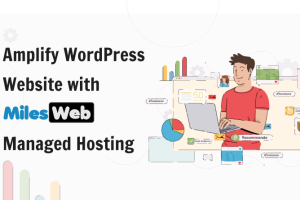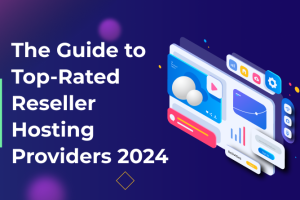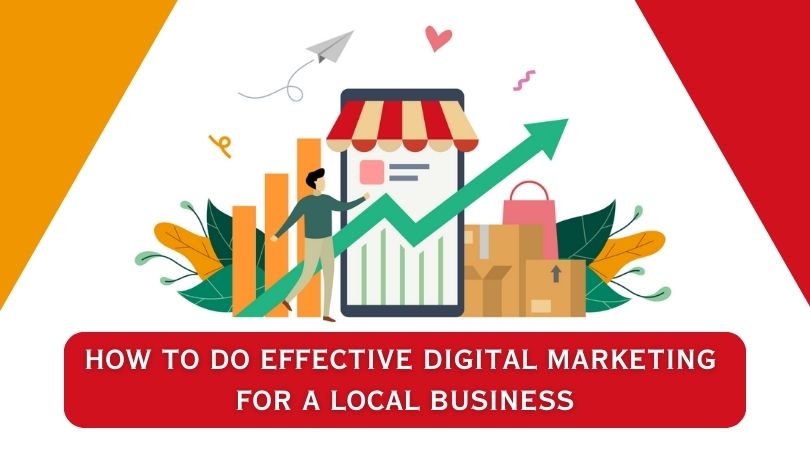If you want to enhance your marketing, you should look into using CRM data to tailor SEO strategies for individual customer journeys! By harnessing insights from CRM platforms, businesses can fine-tune their SEO efforts to align closely with customers’ unique needs and preferences. This symbiotic relationship between the two enhances visibility and fosters deeper engagement and conversion rates, driving sustainable growth and success online!
Identifying key customer segments
Identifying key customer segments is step one to improving your business using CRM data to tailor SEO strategies. Using CRM data, you can categorize customers based on demographics, behaviors, and purchase history.
This segmentation enables you to prioritize efforts, focusing on high-value customers who drive revenue. For example, identifying recurring purchasers versus one-time buyers helps tailor marketing strategies effectively. Mapping out customer journeys aids in understanding touchpoints where engagement occurs, too, guiding content placement. From there, personalizing your approach, such as crafting blog posts specific to each segment, further enhances customer engagement and loyalty. Lastly, regularly analyzing CRM data allows for continuous adjustments and refinements to optimize strategies!
Mapping customer journeys
CRM data can also track customer interactions across various touchpoints and map their journeys. This lets you pinpoint the best opportunities to create a personalized customer experience! For example, identifying where they engage with SEO content helps in strategic placement. Understanding the customer journey also enables you to deliver relevant content at each stage.
By doing so, you can guide prospects seamlessly through the sales funnel, increasing conversion rates. Besides, mapping customer journeys allows you to anticipate their needs proactively and address pain points proactively. This proactive approach builds trust and loyalty, fostering long-term relationships with customers.
Optimizing keyword strategy
If you make smart use of CRM data, you can identify the most relevant keywords for your target audience. For example, analyzing search behavior allows you to uncover long-tail keywords that align with customer intent. Incorporating these keywords into your content increases the likelihood of ranking higher in search results and attracting qualified leads.
However, it’s important to avoid keyword cannibalization by making sure that each page targets a unique set of keywords! Doing so prevents diluting your SEO efforts and maximizes visibility for each relevant search query.
Crafting compelling meta descriptions
Crafting compelling meta descriptions is a big aspect of SEO optimization. And by using CRM data, marketers can tailor these descriptions to resonate with specific customer segments! For instance, including personalized offers or benefits relevant to each segment can significantly improve click-through rates.
Additionally, incorporating targeted keywords aligns the meta descriptions closely with user search intent, increasing the likelihood of appearing in relevant search results. Of course, following the typical best practices, like crafting meta descriptions that accurately reflect the content of the page, also leads to a more positive browsing experience. In other words, you can’t just count on collected data to carry the entirety of the optimization!
Enhancing local SEO
Leveraging CRM data, marketers gain insights into the preferences and behaviors of local audiences. This allows them to optimize their online presence accordingly, guaranteeing that their business appears prominently in local search results. For example, customizing local landing pages based on collected data can improve relevance and engagement with local consumers. Likewise, optimizing Google My Business listings with accurate and up-to-date information helps boost visibility in local search queries.
In the same way, encouraging customer reviews and maintaining a positive online reputation can significantly impact local SEO performance. Notably, by leveraging the same data, you can get insights into optimizing the technical SEO side of local content. This way, you can increase your rankings and dominate your market!
Implementing dynamic content
Making smart use of dynamic content can significantly enhance the user experience and drive engagement on your website. By leveraging CRM data, businesses can personalize the content displayed to visitors based on their unique preferences and behaviors. For example, dynamically showcasing recommended products or services tailored to each visitor’s past interactions can increase relevance and encourage conversions.
From there, incorporating dynamic elements such as personalized greetings or targeted offers based on CRM insights can create a more personalized and immersive browsing experience. Finally, dynamically updating content based on real-time data means that visitors are presented with the most relevant and up-to-date information, enhancing their overall satisfaction.
A/B testing and iteration
Utilizing CRM data, businesses can conduct experiments to compare different versions of their content or website elements and determine which performs better. For example, testing different call-to-action phrases based on these insights can help identify the most effective messaging for driving conversions.
Furthermore, iterating on SEO strategies based on the results of A/B tests allows businesses to refine their approach and continuously optimize performance over time. Regularly analyzing data from these tests enables marketers to make informed decisions and adapt to changing market dynamics!
Monitoring and analyzing results
Keeping track of and analyzing results is important for optimizing SEO strategies. By utilizing CRM data, businesses can track key performance metrics such as keyword rankings, organic traffic, and conversion rates! Regularly reviewing these metrics allows marketers to identify trends, spot opportunities for improvement, and make data-driven decisions.
For example, analyzing keyword performance based on CRM insights can help prioritize content optimization efforts for maximum impact. Similarly, monitoring user behavior metrics like bounce rate and time on site provides valuable insights into website usability and content relevance. This way, businesses can identify areas of strength and weakness in their SEO efforts, allowing them to refine strategies and achieve better outcomes over time.
Integrating CRM with SEO tools
Combining customer relationship management data with powerful SEO tools allows businesses to gain deeper insights into customer behavior, preferences, and interactions. For example, syncing CRM data with Google Analytics enables marketers to track website traffic and user engagement in real time, providing invaluable insights into the effectiveness of their SEO strategies. Integrating CRM with SEO tools also allows for more efficient data analysis and strategy implementation.
For instance, by leveraging insights to inform keyword research and content optimization efforts, businesses can better target their audience and improve their search engine rankings. Lastly, integrating CRM with SEO tools streamlines workflows and reduces manual tasks, freeing up valuable time and resources for other strategic initiatives.
Ensuring data privacy and security
Maintaining data privacy and security is extremely important for keeping the trust of your clients and keeping up with the regulations. Thankfully, by implementing robust encryption protocols and access controls, businesses can safeguard sensitive CRM data from unauthorized access or breaches. For example, encrypting customer information stored in CRM databases adds an extra layer of protection against potential cyber threats.
Furthermore, regularly updating security measures and conducting thorough audits help identify and mitigate vulnerabilities before they can be exploited. Likewise, educating employees on data privacy best practices and enforcing strict data handling policies further strengthens the overall security posture.
Why you should be using CRM data to tailor SEO strategies
It should be obvious now that using CRM data to tailor SEO strategies for individual customer journeys is a major boon in digital marketing. By tapping into the rich insights CRM platforms provide, businesses can create more targeted and relevant content, increasing customer satisfaction and loyalty. This holistic approach enhances online visibility and maximizes ROI, ultimately driving long-term success and competitiveness!














